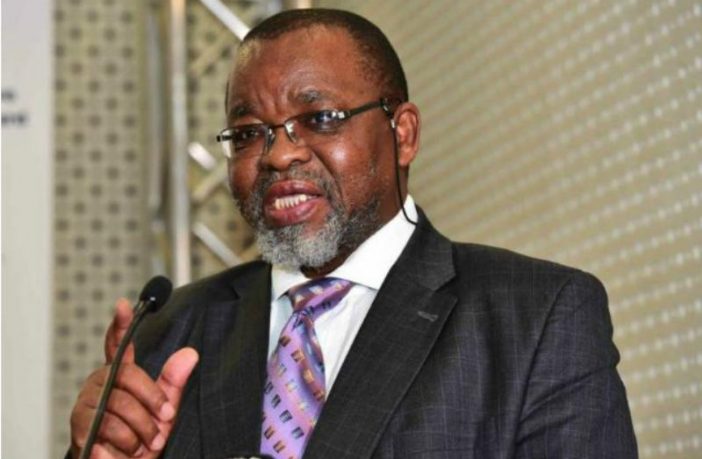- Speaking at the 64th session of the International Atomic Energy Agency (IAEA) virtual conference in Vienna this morning, South Africa’s Minister of Minerals and Energy, Mr Gwede Mantashe, confirmed that South Africa has commenced consultations with suppliers of nuclear power reactors to provide costing and schedule information and possible ownership models, through a Request for Information for the 2500MW programme issued in June 2020.
- This capacity allocation to nuclear forms part of the country’s integrated resource plan. Read more
Koeberg is one of our most reliable; efficient; safe and affordable power stations on our electricity grid. We, therefore, decided to extend the operational life of Koeberg nuclear power station by another 20 years. The technical and regulatory work has begun. We thank the IAEA for its support through the Safety Aspects of Long-Term Operation missions on the Koeberg Nuclear Power Plant, with the most recent pre-mission taking place in September 2019.
Another key project we have embarked on is the replacement and upgrade of our aging nuclear research reactor, SAFARI-1. Since the establishment of a Ministerial Task Team in 2019, to develop a replacement by 2030, we have approved the Project Initiation Report that recommends that SAFARI-1 be replaced with a Multi-Purpose Reactor. The project has advanced to the pre-feasibility stage.
Further, despite the logistical challenges brought on by Covid-19 pandemic, we are beginning to see increased access to offshore markets for the supply of medical isotopes, that are critical to the rest of the World.
Author: Bryan Groenendaal















